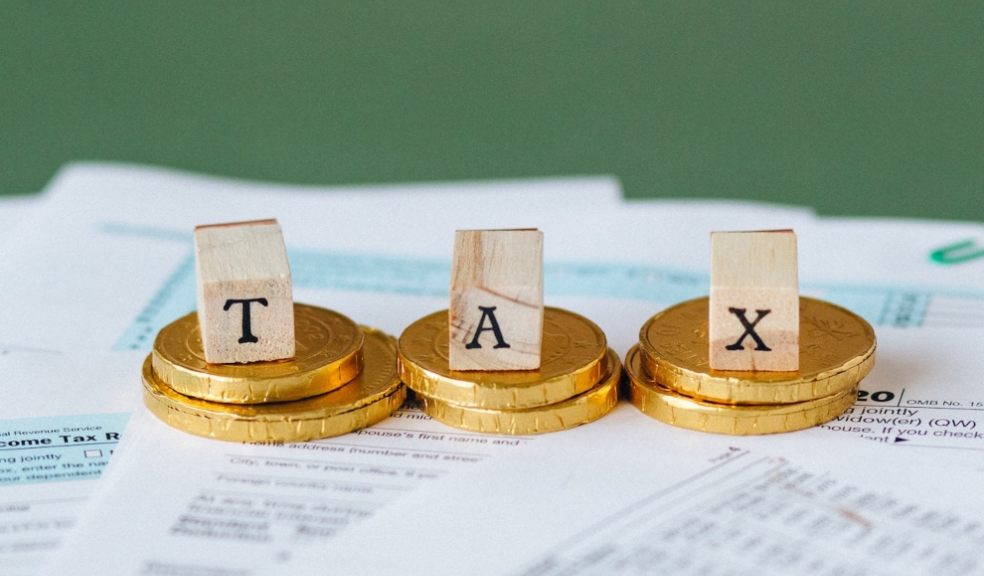
Forward-thinking finance: The role of understanding your tax
Navigating the financial landscape, particularly with regards to tax obligations, can be complex and often challenging. In an era where financial literacy is critical for both personal and professional success, understanding your tax liability has emerged as an essential component. This blog post aims to shed light on the intricacies of tax liabilities, detailing their relevance and impact, particularly in the context of the evolving taxation environment.
The Evolution of Tax Returns: Online vs. Paper
Just as the internet has revolutionised numerous aspects of life, the process of filing tax returns has also been significantly transformed. A considerable majority of individuals now file their tax returns online, a method lauded for its convenience, speed, and security. However, a small group of individuals still file paper returns, often due to exemptions linked to their location, age, or religious beliefs.
Unravelling Paper Tax Returns
Filing a paper tax return might seem daunting, but understanding the steps can make the process more manageable. You'll need to determine which sections of the form to complete based on your financial circumstances, sign page TR8 to validate the figures, and keep a copy for your records. Sending your completed form to HMRC by recorded delivery ensures it's securely received. Unless you send a tax calculation summary page, HMRC will undertake the task of calculating your tax, and it's crucial to cross-verify their figures for accuracy. It's equally important to include any Capital Gains from asset sales to avoid discrepancies in your reported income.
Why Early Tax Returns Are a Smart Move
Filing your tax return early can offer multiple advantages. For instance, smaller tax liabilities can be managed through adjustments to your future tax code, which can be modified at any time to accommodate untaxed income. Opting to reduce your tax-free allowance can also prove beneficial, as it allows you to spread your tax payments throughout the year, making the financial burden more manageable.
Clare Bowen, Partner at Monahans, an Accountancy firm who specialise in personal tax advice, illustrates this point effectively in saying “You can change a tax code at any point to adjust for untaxed income, so that you pay the amount due over the year, via any income taxed at source. For example, if you have rental profits of £5000 then by reducing your tax-free allowance by £5,000 with HMRC, this will take the tax from any taxed income throughout the year, rather than paying a lump sum thus making the payments more manageable.”
The Importance of Effective Communication with HMRC
Open communication with HMRC is a critical part of managing your tax obligations. HMRC offers various support measures to taxpayers, such as the option to create payment plans for due taxes and even pause payments in certain circumstances. Utilising these services can aid in making the tax management process smoother and less stressful.
Grasping the Concept of Tax Liability
Understanding your tax liability is crucial for informed financial decision-making. The ability to predict your tax obligation can save you from last-minute panic and facilitate better financial planning. It enables you to prepare for deadlines in advance, creating a less stressful tax return process.
The Pandemic's Effect on Tax Liabilities
The global pandemic has had profound implications on tax liabilities, especially for sole traders who received the fourth and fifth Self-Employment Income Support Scheme (SEISS) grants. For instance, a person not working in 2021 but receiving SEISS grants may find their tax liability extended from a 10-month to a 14-month period in the 2022 return. This unexpected change can result in a larger amount due in January, highlighting the importance of understanding your tax liability to effectively plan for these situations.
Crucial Tax Advice for Small Business Owners
For small business owners, tax advisors can be invaluable. These professionals can help interpret complex tax regulations, understand available options, and liaise with HMRC to make the tax return process more streamlined. In an era of fluctuating government tax policies, understanding and planning around tax liabilities provide a sense of control amidst uncertainty. Remember, every problem has a solution – the key lies in allocating ample time to explore these options.
Conclusion
Understanding your tax liability is a crucial element of forward-thinking finance. Whether you choose to file your taxes online or on paper, an early and comprehensive understanding of tax liabilities can empower individuals and businesses to make informed financial decisions, reduce stress related to deadlines, and foster open communication with HMRC.



















